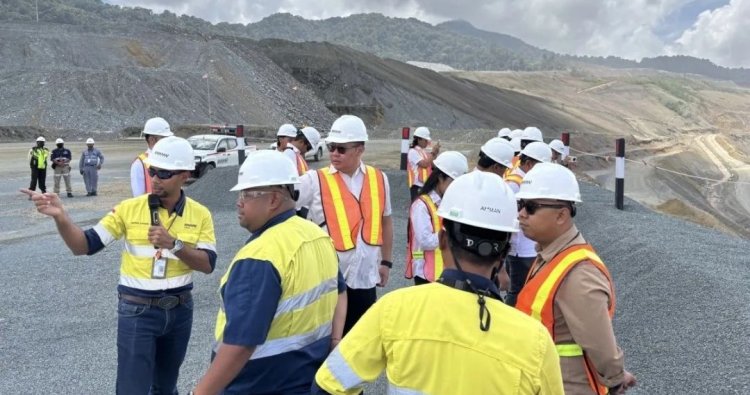The Directorate General of Immigration has uncovered several potential immigration violations following inspections of 1,698 foreign workers (TKA) in West Sumbawa Regency, West Nusa Tenggara (NTB). The inspection, conducted by the Immigration Task Force for Mining and Industrial Areas, was part of a broader effort to tighten supervision of foreign workers in strategic sectors.
Acting Director General of Immigration Yuldi Yusman revealed that some foreign nationals had failed to report basic administrative changes, such as address updates and passport mutations, which are mandatory under Indonesian immigration regulations.
“A total of 64 foreign workers were found living at addresses that did not match the information stated in their limited stay permits. Even more concerning, 43 workers were employed at different locations than those listed in their approved foreign worker utilization plans,” Yuldi stated in an official release received in Jakarta on Sunday, as quoted by Indonesia Satu.
The task force also identified cases where foreign workers were using C22 visit stay permits, which are intended for short visits, for purposes that did not match their initial visa approvals. Several companies were also found to have failed to report the lists of foreign workers under their sponsorship, creating potential legal loopholes.
The two-day operation, held on Tuesday (September 30) and Wednesday (October 1), followed earlier monitoring activities by the Sumbawa Besar Immigration Office. The inspection team also involved multiple units, including the Immigration Intelligence Operations Team, the Internal Compliance Team, the NTB Regional Office of the Directorate General of Immigration, highlighting strong inter-agency coordination.
During the inspection, the task force visited project sites in the mining area, thoroughly checking travel documents and stay permits of foreign workers on site. These checks are considered crucial to ensure that foreign nationals are working legally and in compliance with Indonesian immigration rules.
In response to the findings, the Sumbawa Besar Immigration Office summoned two companies for clarification. This step reflects the government’s commitment to enforcing immigration laws and holding companies accountable for their role in supervising foreign workers.
Yuldi explained that the establishment of a specialized immigration patrol task force in mining regions is a direct response to the high mobility and potential violations commonly found in the mining sector. The task force aims to ensure that every foreign national has the appropriate stay and work permits, in accordance with Indonesian law.
Patrol activities include on-site monitoring, immigration document checks, and strict enforcement against any violations found. These measures are expected to strengthen immigration oversight and maintain legal order in Indonesia’s strategic industrial zones.
“Immigration is committed to enhancing monitoring efforts at key points across Indonesia, particularly in industrial zones and companies that attract large numbers of foreign nationals,” Yuldi emphasized.
Through these coordinated operations, the Indonesian government seeks to uphold national sovereignty, protect local labor markets, and ensure that foreign workers in vital sectors comply with the nation’s regulations.
Source: Antara, Indonesia Satu
Photo Credit: ANTARA/HO-Ditjen Imigrasi/am


